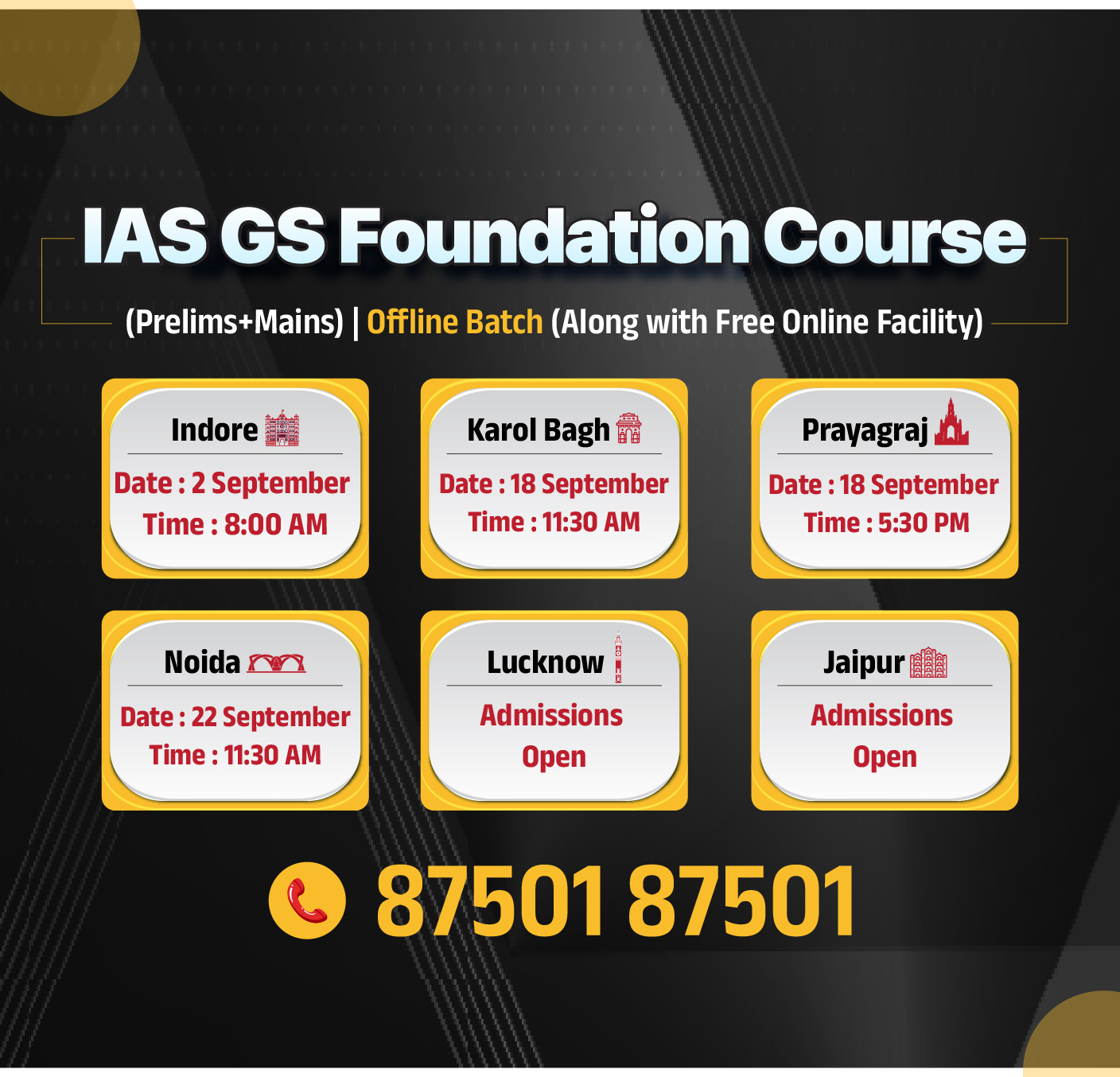Uttar Pradesh Switch to Hindi
UP to Set Up Welfare Board for Nomadic and Denotified Tribes
Why in News?
Uttar Pradesh Chief Minister Yogi Adityanath announced the creation of a dedicated welfare board for Vimukt Jati (denotified tribes) and nomadic tribes during the state-level 'Vimukt Jati Diwas' celebration in Lucknow.
- 31 August is now observed as Vimukt Jati Diwas, commemorating the abolition of the oppressive Criminal Tribes Act in 1952, which unjustly labeled communities as criminals and stripped them of their rights.
Key Points
- Welfare Board: The new board is expected to focus on providing housing, land leases, and voting rights for these historically marginalized communities.
- This board will focus on extending benefits similar to the Shamli and Vantangiya models, including land leases, housing colonies, and various social security benefits.
- Social Welfare Minister Aseem Arun has been tasked with constituting the board.
- Criminal Tribes Act, 1871: In 1871, the British colonial government passed the Criminal Tribes Act, declaring certain tribes as "criminals by birth" and subjecting them to surveillance and discrimination.
- The Vimukt Jati and nomadic tribes include communities like the Nats, Banjaras, Bawariyas, Sasis, Kanjads, Kalbeliyas, Saperas, and Jogis, have a long history of resistance against foreign invasions.
- It was after the repeal of the Criminal Tribes Act in 1952, with the efforts of Dr. Bhimrao Ambedkar, that these communities were formally freed from this criminal label.
Denotified Tribes (DNTs), Nomadic Tribes (NTs), and Semi-Nomadic Tribes (SNTs)
- About: The term De-notified Tribes refers to communities that were once classified under the Criminal Tribes Acts,1871 which were implemented by the British Government.
- The Acts were abolished by the Government of India in 1952, leading to the De-Notification of these communities.
- A few of these communities which were listed as de-notified were also nomadic.
- Nomadic and semi-nomadic communities are defined as those who move from one place to another rather than living in one place all the time.
- While most DNTs are spread across the SC, ST and OBC categories, some DNTs are not covered in any of the SC, ST or OBC categories.
- Distribution: DNTs encompass a wide range of communities, each with unique cultural practices, languages, and socio-economic conditions. Communities include the Kanjar, Nat, Pardhi, and Sapera.
- South Asia is estimated to have the largest nomadic population in the world. In India, approximately 10% of the population comprises NTs, SNTs, and DNTs.
- While there are around 150 De-notified Tribes, the Nomadic Tribes population includes about 500 distinct communities.
- Major Committees/Commissions for DNTs, NTs, and SNTs Communities:
- The Criminal Tribes Inquiry Committee, 1947 constituted in the United Provinces (now Uttar Pradesh).
- Ananthasayanam Ayyangar Committee, 1949.
- Criminal Tribes Act, 1871 was repealed based on the recommendation of this committee.
- Kaka Kalelkar Commission (also called first OBC Commission), 1953.
- B P Mandal Commission, 1980.
- The commission also made some recommendations related to the issue of NTs, SNTs, and DNTs Communities.
- The National Commission to Review the Working of the Constitution (NCRWC), 2002, held that DNTs have been wrongly stigmatised as crime-prone and subjected to high-handed treatment as well as exploitation by the representatives of law and order and general society.
- Renke Commission (2005): The commission had estimated their population to be around 10 to 12 crores at the time.








.png)


.jpg)





 PCS Parikshan
PCS Parikshan

